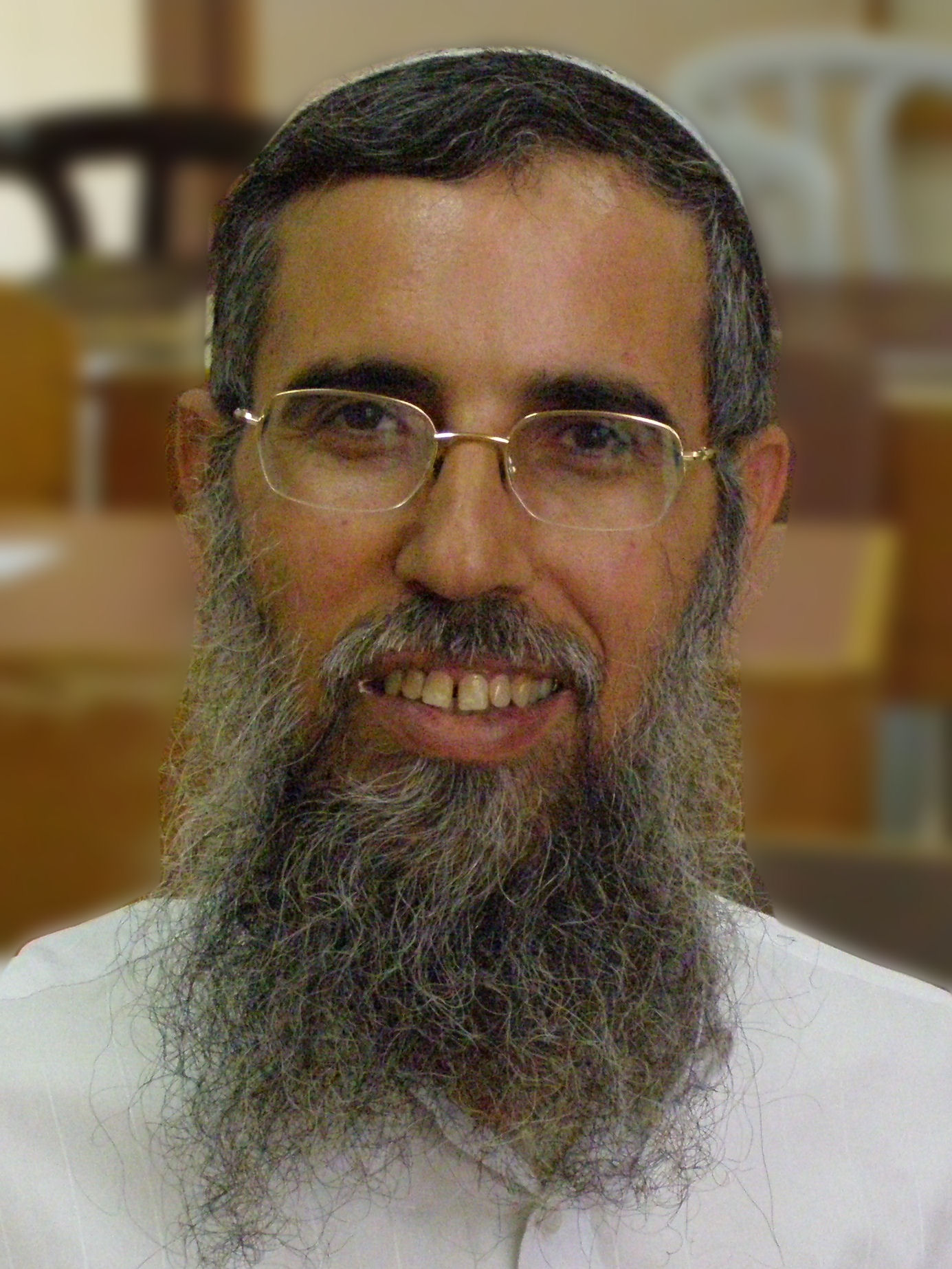Appreciating Our Senses
הרב דוד זץ
Parshat Ki Tavo is known to include one of the most difficult sections in the Torah; one of the two portions of tochacha (rebuke) given to Am Yisrael in the Midbar. A simple question that should be asked is why does the Torah feel the need to include such sections. Tochacha is very specific to the recipient and many times is irrelevant to other parties.. Why should then such a section which is being directed to Am Yisrael for their actions once upon a time, be included in the Torah which only includes ideas relevant to every generation? Additionally, the posuk (29:3), “ולא נתן ד’ לכם לב לדעת ועינים לראות ואזנים לשמוע עד היום הזה,” that today is the day when Hashem has given you, the Jewish people, a heart to understand, eyes to see and ears to hear. This seems to be direct contradiction to the psukim earlier where Moshe specifically mentions how Am Yisrael saw with their own eyes that which happened in Egypt and throughout the midbar as it says (29:1)“אתם ראיתם את כל אשר עשה ד’ ליניכם בארץ מצרים.” How are we supposed to understand that which Moshe is telling the Jewish people now?
Perhaps we can suggest that when Moshe expresses that up until that day, the Jewish people may have seen and heard things on a physical sensical level but what they lacked was a real understanding of what it was that they saw and heard. Only after they were given a “לב לדעת” were they able to appreciate things at a new level. A level of understanding that made not only the events real but also the significance of those events and their implications real as well. Our brains do not always interpret that which we see accurately sometimes because of a lack of clarity on the physical level and sometimes our psyche prefers to interpret something in a more familiar way. One may mistake an individual that they see at a distance to be someone they know only to understand their mistake as they get closer. So too when sights and experiences bring about truths and understandings that will impact our lives, we too may be hesitant to recognize them for what they are. Finally, once Hashem gave the Jewish people a “לב לדעת” they were able to see the real picture and understand that which they had already seen.
Perhaps this can also explain the importance of why we must read a tochacha that is directed at a different people of a different time period. The content of the tochacha is not the lesson for us but rather the idea of what tochacha does to a person. Tochacha provides that stoppage within one’s life to press the brakes for a minute and take a new perspective on that which has happened so we can all appreciate what it means to have this “לב לדעת”. May we never need the tochacha and may we always use our senses to not only physically experience that which is before and around us but also recognize and appreciate the meanings and implications of those experiences in our lives.
השיעור ניתן בי"ד אלול תשפ"ג
קוד השיעור: 9303
לשליחת שאלה או הארה בנוגע לשיעור:

.jpg)


.jpg)

